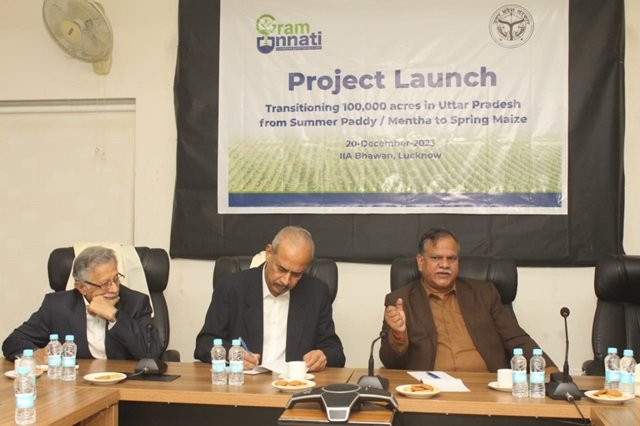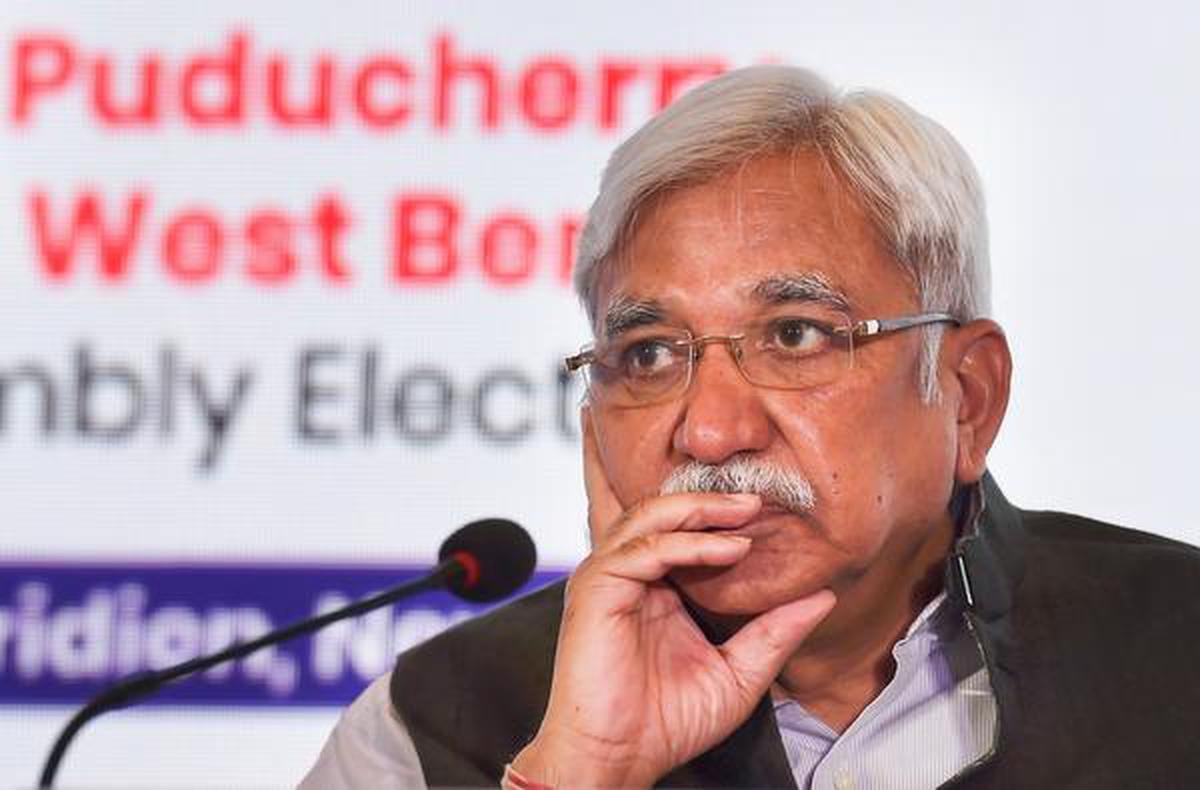In an exclusive interview with AgroSpectrum, Aneesh Jain, Founder, Gram Unnati talks about the current status of agriculture in India. Edited excerpts;
Agriculture is unquestionably the most important component of the Indian economy both in terms of its contribution to the GDP as well as a source of employment for the majority of the country’s population. This sector is currently showing immense opportunities, with India presently being one of the world’s largest agricultural producers by value. Gram Unnati is working closely with multiple stakeholders to help farmers in the Udham Singh Nagar district of Uttarakhand save 4,000 litres per acre by bringing climate-compatible agriculture to over 5,000 acres of farmland. In an exclusive interview with AgroSpectrum, Aneesh Jain, Founder,Gram Unnati talks about the current situation in agriculture in India. Edited excerpts;
What are the major plans in store for 2022-2023, particularly in terms of investments and product launches in India?
We plan to launch our end-to-end technology application suite for farmers, our on-ground field executives, and our sales enablement platform to optimise market linkages for large agro processors and input manufacturers.
What is so unique about your company? How does it stand different from others in competition?
Unlike most competition Gram Unnati is present across the value chain and works directly with large agro processors. We believe in bringing the market to the farmers rather than the other way round and that we believe would be our biggest edge.
How do you foresee the future of the agriculture industry in India in the next 5 years?
New-age technologies focus on robotics, precision agriculture, artificial intelligence, block chain technology, and more. Use of digital and analytic tools is driving continuous improvement in agriculture, resulting in improving crop yields and helping in the overall income enhancement and improvement in livelihoods of the farming community. The Government of India has contributed to this by launching the Digital Agriculture Mission initiated from 2021-2025 for projects based on new technologies.
Over the next five years more farmers will get access to smart devices and will be more digitally connected. Modernisation of the agriculture sector will continue by infusing the new-age technologies that will not only help in increasing incomes of farmers but will also contribute to food and nutrition security of the nation while being climate compatible.
Please list out the key achievements of your company since inception, particularly in terms of product launches, patents, R&D investment.
- Over the last 9 years of operations, we have been able to onboard 200,000+ farmers across 7 states in our network
- We have grown 5x in top-line during the pandemic years and 100 per cent + annually over the last three years with stable and improving unit economics as a result of our structured approach and maturing relationships that we have built with 20+ major agro processors pan India
- We have been able to bring about sustainable income enhancement of 15-20 per cent within our farmer network
- We are a trusted enablement partner for various state governments, national agencies, farmer mobilisation organisations, and agro-logistics companies.
How much revenue was generated in FY 21-22? What are the growth expectations this year?
We are expecting hyperscale growth (500 per cent + Y-o-Y) over the next three years driven by a healthy pipeline. We have a strong order book in place across diversified customers comprising a mix of MNCs, Indian (listed and unlisted) and export-oriented players.
Any new technological innovations you are planning to introduce that specifically help the agri & food industry?
We are developing an end-to-end technology application suite for farmers, our on-ground field executives, and building a sales enablement platform to optimise market linkages for large agro processors and input manufacturers.
How are you aiming to expand your reach in India?
- Currently we are partnering with various state governments, national agencies, farmer mobilisation organisations, and agro-logistics companies. Through these partnerships we expect to strengthen our on-ground presence and are targeting to have 850,000+ farmers within our network by 2025.
- We are looking at both horizontal and vertical expansion opportunities. This includes expansion into new commodities such as livestock, aquaculture as well as new segments like precision agriculture, farm management, and financial services.
What are the major challenges you are facing in the industry?
The Agriculture Industry is facing highly uncertain times, as witnessed recently when the government banned wheat exports in mid of May due to record-breaking heatwave damaged crops. Earlier in April, the government was planning to export wheat and help the countries affected by the Russia-Ukraine War. Inefficient practices in the industry have also played a huge role to make the sector highly unorganised. The long chain between the farmer and end user results in distribution of farmers income in the hands of traders and other intermediaries, ultimately resulting in value loss for farmers. Inefficient practices such as sowing high water demanding crops like Summer Paddy in places with less irrigation facilities further contributes to the sustainability issues.
What can be done to improve market linkage and sustainability?
Adopting efficient practices would not only enhance the income for farmers, but will also help in addressing issues of sustainability. To tackle this problem in the short term, advisory and assistance services to farmers will be the most efficient way to guide and support farmers in adopting good agricultural practices.
Long chain of intermediaries has been a problem for the sector and farmers, since they wipe off most of the farmer’s margins. In order to address this, the market linkages must be direct with the farmers, so that the demand can be addressed efficiently and also support in better realisation of the margins.
Pooja Yadav
pooja.yadav@mmactiv.com
In an exclusive interview with AgroSpectrum, Aneesh









